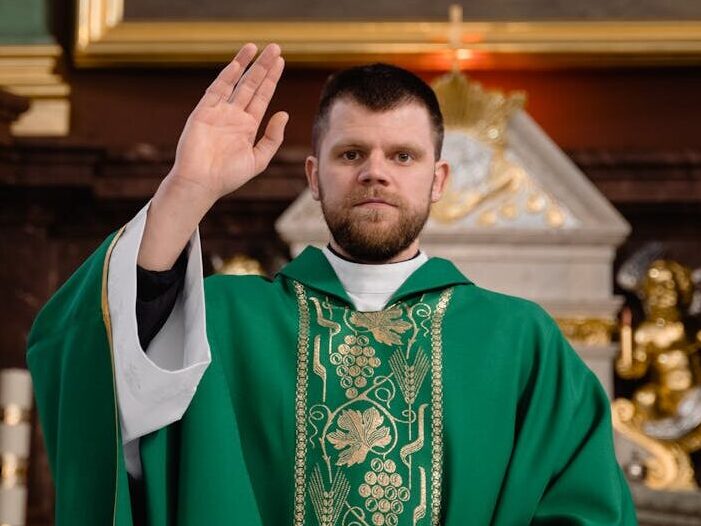
Religious leaders are often admired for their wisdom, calmness, and strength. They are the people others turn to in times of crisis, grief, or celebration. Yet behind the public role lies a heavy load that many never see. The expectations are enormous, the sacrifices constant, and the loneliness real. These struggles are rarely admitted openly, but they quietly shape the lives of pastors, priests, rabbis, imams, and other faith leaders. Here are fifteen challenges they often carry in silence.
The Pressure to Be Perfect
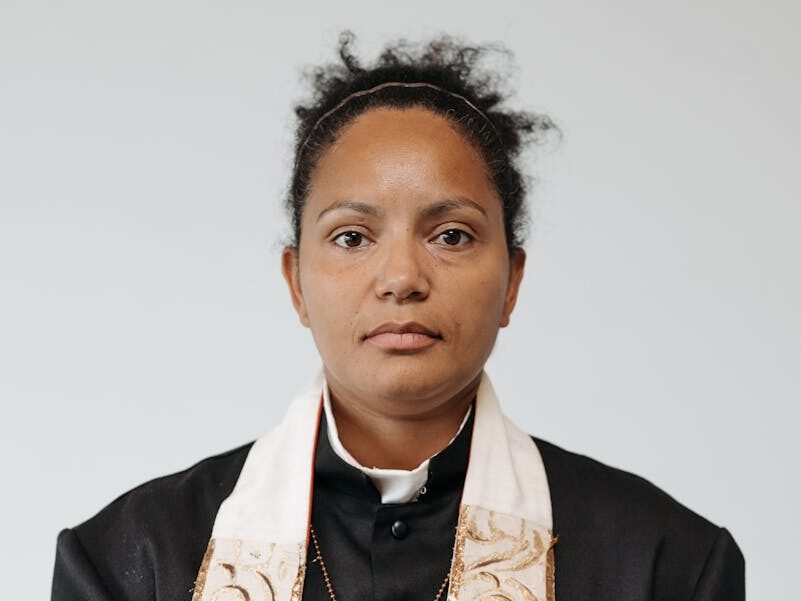
Leaders are placed under a spotlight that leaves little room for error. Congregants often expect them to embody flawless behavior, always say the right thing, and never falter in judgment. A single misstep can be magnified into a scandal or a loss of trust. This pressure pushes many leaders to hide their humanity, fearing that honesty about struggles will make them seem unfit.
Carrying Everyone’s Burdens
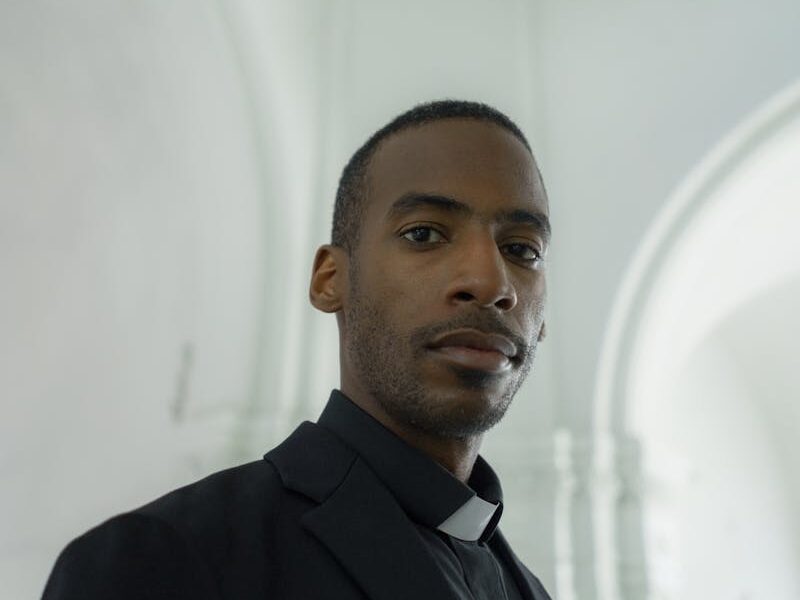
Leaders are expected to be present for people’s deepest crises — from marital breakdowns to deathbeds. They listen, pray, and counsel, absorbing others’ grief and pain. Over time, these unrelenting emotional burdens accumulate, leaving leaders emotionally drained. Yet they rarely have a safe outlet to release that weight, because revealing it could shake their community’s confidence.
Financial Stress
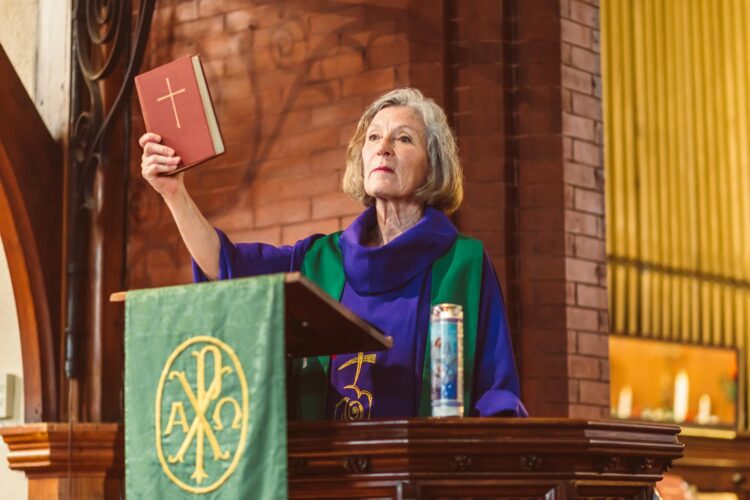
Many assume religious leaders live comfortably, but salaries are often modest, especially in smaller communities. Leaders may struggle to pay bills, send children to school, or plan for retirement. At the same time, they feel uncomfortable discussing money, fearing it will be seen as selfish or unspiritual. This silence leaves them carrying financial stress alone, trying to provide for their families while meeting the constant demands of ministry.
Balancing Family and Ministry
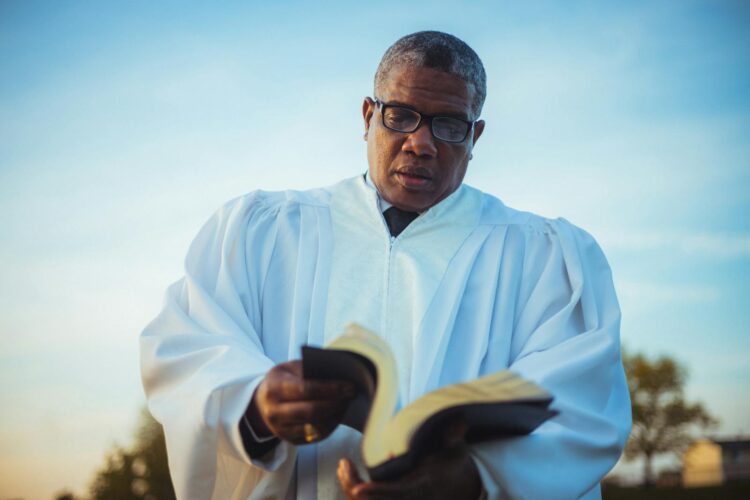
A leader’s family often sacrifices alongside them. Late-night hospital visits, endless community needs, and weekend obligations pull leaders away from home. Children may resent the attention their parent gives to the congregation, while spouses feel neglected. Leaders carry guilt, knowing their loved ones sometimes come second to ministry. Yet they often feel trapped, unsure how to prioritize without letting someone down.
Loneliness in Leadership
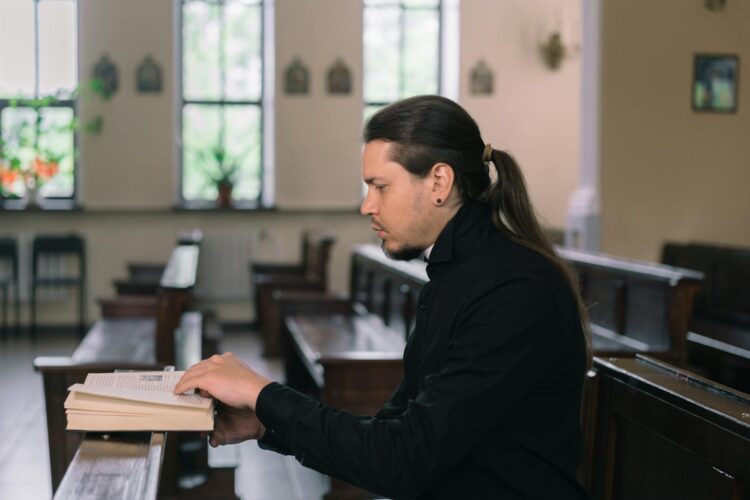
Despite being surrounded by people, many leaders feel deeply isolated. They can’t always confide in members of their own congregation, and they may struggle to build friendships outside of it without fear of gossip or favoritism. The result is a paradox: they are constantly in community, yet profoundly alone. This loneliness is rarely acknowledged because leaders are expected to be self-sufficient.
Struggles With Doubt
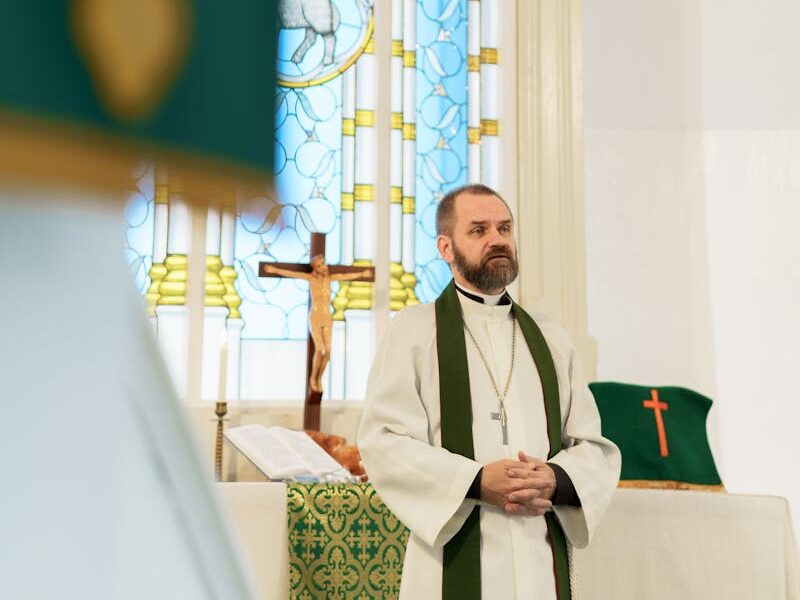
Leaders are expected to model unshakable faith, but they, too, wrestle with doubts. They may question God’s silence, wonder about suffering, or feel unworthy of their role. These private doubts are rarely voiced, because they fear it could undermine their credibility. Yet pretending to be certain while feeling uncertain inside is exhausting. The quiet conflict between belief and doubt doesn’t make them less faithful. It makes them human, but it’s a humanity they seldom feel free to share.
Burnout and Exhaustion
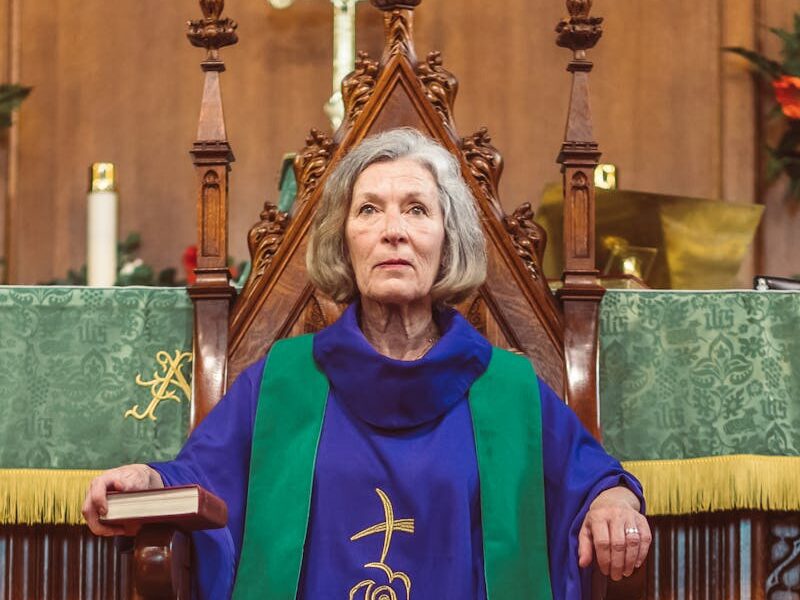
Religious leadership is a role without boundaries. There’s always another sermon to prepare, another crisis to address, another meeting to attend. Leaders rarely take real days off, feeling guilty if they step away. Eventually, exhaustion builds until they run on empty — physically, emotionally, and spiritually. Yet they may keep pushing, afraid that admitting burnout would seem like weakness or failure.
Conflict Within the Community
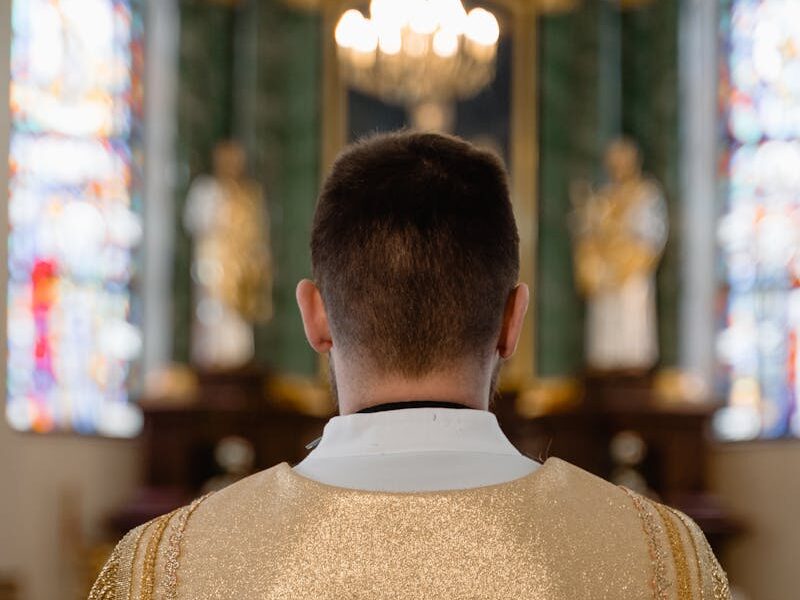
Faith communities are filled with diverse personalities, and leaders are often caught in the middle of disputes — whether over theology, politics, or personal conflicts. Trying to keep peace between divided groups is exhausting, and no matter what choice they make, someone is unhappy. Leaders may take criticism from all sides, leaving them feeling unappreciated and attacked.
Criticism and Unrealistic Expectations
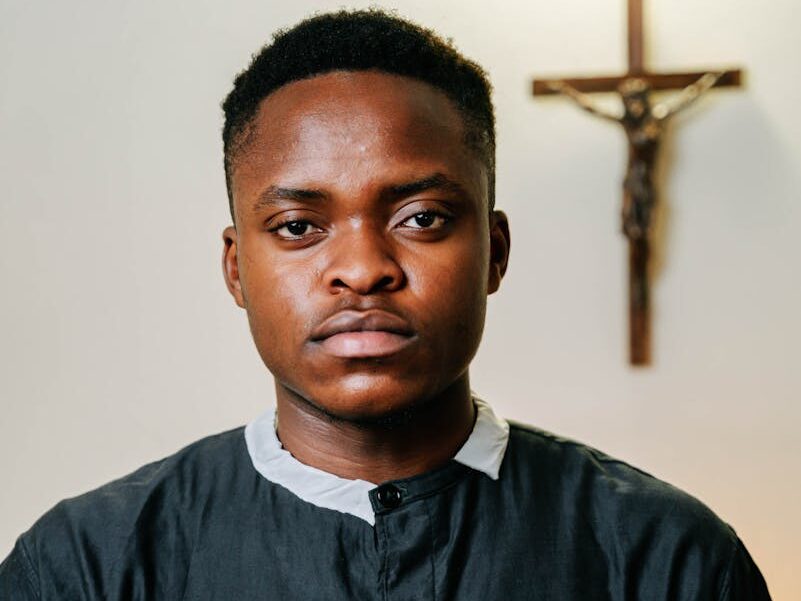
Every sermon, decision, or personal choice is scrutinized. Members may complain about a leader’s preaching style, clothing, or even how they raise their children. Criticism, whether spoken directly or whispered behind their back, can sting deeply. Leaders know they can’t please everyone, but the weight of constant judgment leaves scars. Even when they smile and move forward, the words replay in their minds, reminding them that they live under standards few could ever bear.
Emotional Fatigue From Tragedy
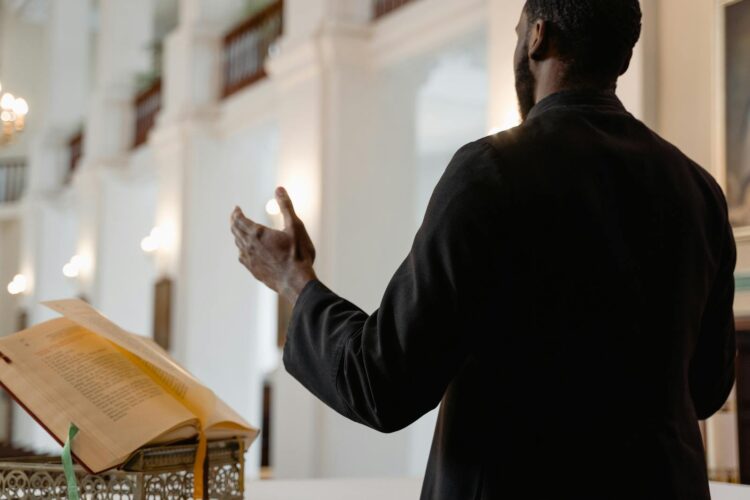
Leaders often stand at the bedside of the dying, comfort grieving families, and walk with people through devastating loss. While it is sacred work, it is also emotionally draining. They may absorb grief after grief until their own heart feels heavy. Unlike others, they don’t always have permission to step back and grieve privately, because they are expected to remain strong. Over time, this unprocessed sorrow builds, leaving them weary and emotionally scarred.
Feeling Spiritually Dry
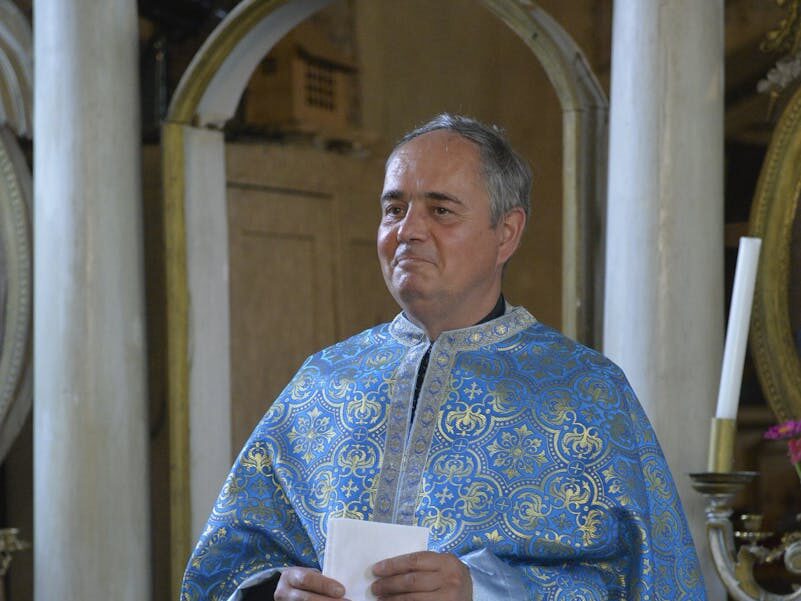
Leaders give so much of themselves spiritually that they sometimes neglect their own faith life. They may feel disconnected from scripture, uninspired in prayer, or spiritually empty, yet they continue to lead outwardly. Admitting this dryness feels dangerous, as though it disqualifies them. So they push through, giving from an empty well. Inside, they may quietly long for renewal, for moments of intimacy with God that they can no longer feel.
Navigating Modern Controversies

From politics to social issues, leaders are often asked to take a stance. Yet every opinion risks alienating part of their community. Speaking out may spark backlash, while staying silent may seem like avoidance. This no-win situation leaves leaders trapped between tradition, scripture, and cultural realities. They may feel pressure to represent everyone, even when that’s impossible.
The Weight of Being a Role Model
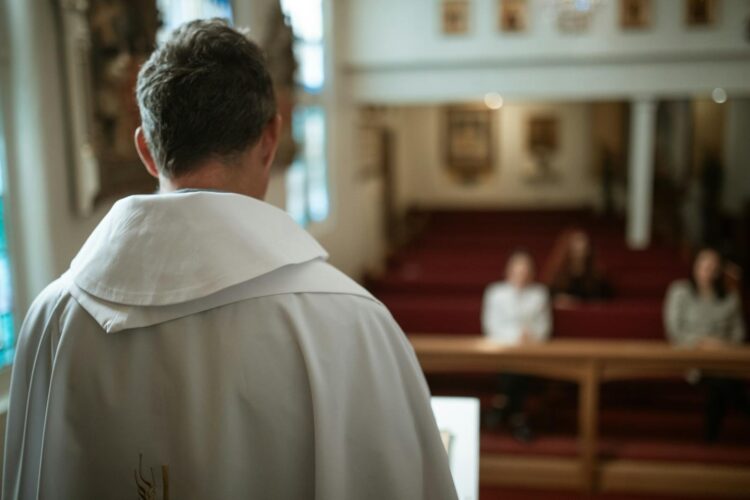
Every action of a religious leader is scrutinized. How they spend money, how they parent, and even how they speak casually can become points of discussion. This leaves them feeling as though they live in a glass house, without room for mistakes or private struggles. They may long for the freedom to be imperfect, to fail without it becoming a headline. Yet they know their choices reflect not just on themselves but on their faith community, and that weight is heavy.
Lack of Time for Personal Growth
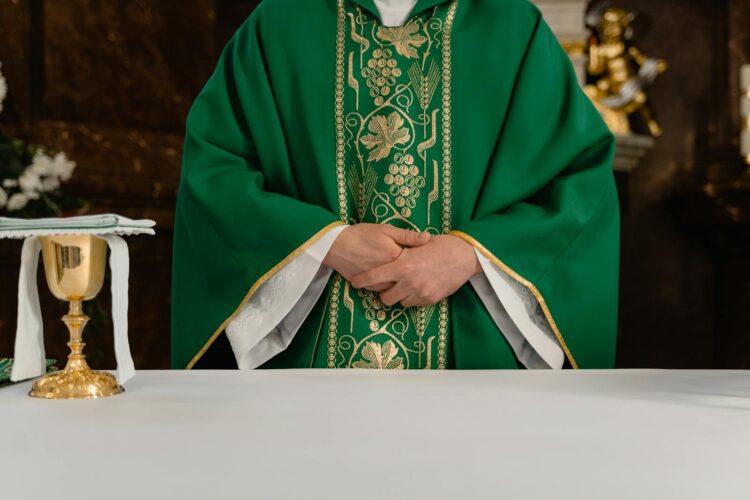
In pouring into others, leaders often neglect themselves. Their schedules are packed with meetings, counseling, and planning, leaving little space for reading, reflection, or creative growth. Personal dreams, hobbies, or even self-care may fall by the wayside. Over time, they may feel stagnant, as though they are only surviving rather than thriving. Leaders give so much, but without replenishment, they risk losing the passion that first drew them to serve.
Fear of Letting People Down
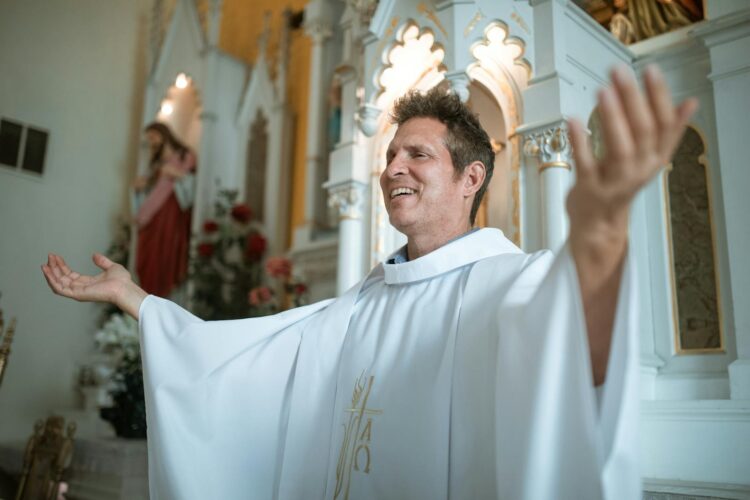
At the heart of all these struggles is the quiet fear of failing others. Leaders know people look up to them, depend on them, and expect guidance. The thought of disappointing their congregation, family, or God is a weight they carry constantly. This fear drives them to overextend, to hide their struggles, and to sacrifice their own well-being for the sake of others. It is one of the deepest burdens of leadership — one rarely spoken, but always felt.

